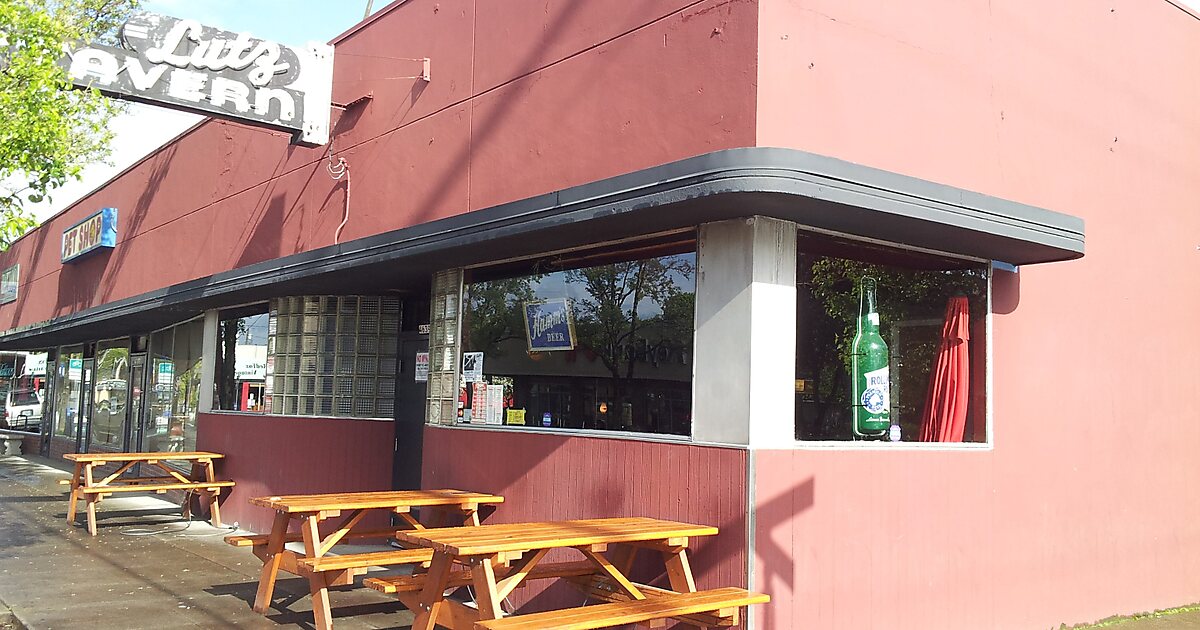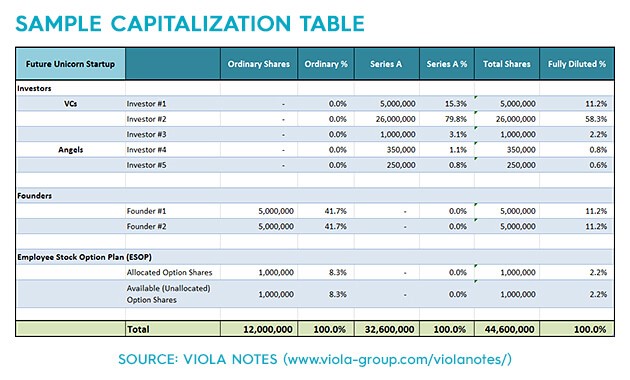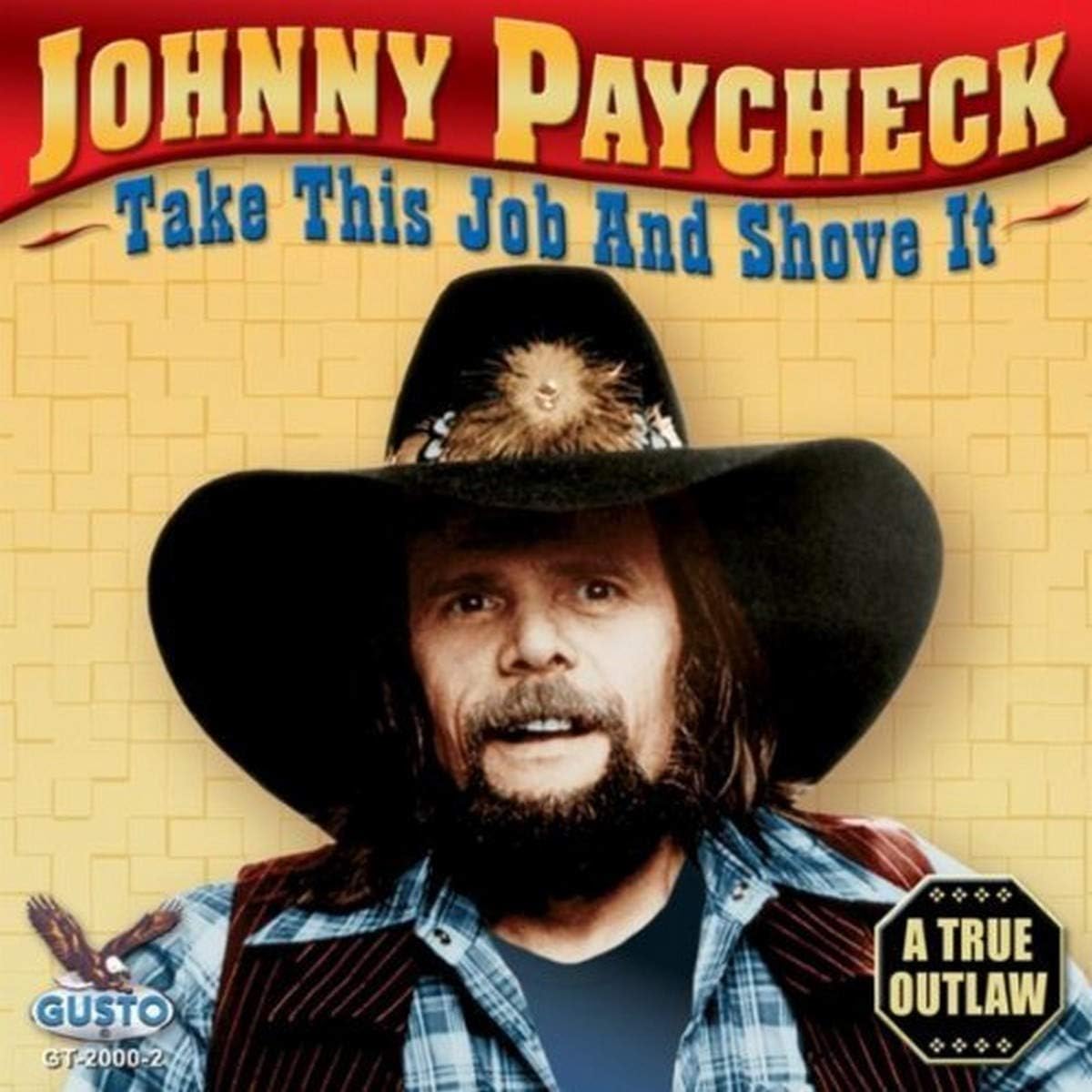from the desk of planetnineisaspaceship
"It's a free country"
Back in 2015 I bought a house in southeast Portland with a friend.
We had the benefit of both having gone to a small college in town called Reed. Reed is well known for its academics, and somewhat lax approach to substance use (at least it was back in our day). Those of us who went there are governed by the Honor Principle, an ill-defined set of rules that mostly amount to "don't be an asshole."
True to our youthful indoctrination, we drew up an agreement with provisions on what should happen if either of us got a real girlfriend, but which was a bit light on what will happen financially upon sale of our joint asset. So when it came time to sell The Dojo, an affectionate nickname earned by the Asian decor that pre-dated our purchase, I consulted my lawyer, another Reedie, on what the legal and financial ramifications of the sale would be. Our conversation went something like this.
Me: So what I blah blah blah like if I could just write a check blah blah.
Lawyer: Oh yeah, you can do that.
Me (flabbergasted): What do you mean? I can just write a check like that to him?
My lawyer smiled that smile that only lawyers smile when they've just lawyered the shit out of something, and spread his arms wide.
Lawyer: Of course! It's a free country.
That friend and I still cheers to the day I wrote him a six figure check, deposited it, and then went across the street to The Lutz, our alma mater's goto watering hole to celebrate.

"Can't you just like, not do that?"
In my twenties I worked for two well-regarded gigantocorps, one involving coffee and the other named after a fruit. Both of them, while touting how great they were for employees, were aggressively anti-union. Sitting in a room making $24/hr and listening to some lawyer making $300/hr tell you how the folks making $13/hr should shut up and like it so that the folks making $0/hr because they're already millionaires can make more money wouldn't be the worst place to start the revolution.
I, of course, was already well on my way to starting The Revolution, and so my take away from that meeting was, why on Earth does every stupid company do this? Like, can't you just not do that? Well it kind of turns out that you can't. Sort of.
It wasn't until much later in my career that I learned that corporate titles have actual meaning beyond conferring muckity muck status to mostly incompetent white men. For example, Directors and above in publicly traded companies have a fiduciary responsibility to the company, and thus the shareholders of that company. Fiduciary means acting in the financial best interest of the company.
Any fledgling day trader will tell you that making moves that are in the financial best interest of anything is more art (luck) than skill, but there is something pretty universally understood as bad for a company's bottom line: paying its workers more. This means that by law, Directors and above at publicly traded companies must be anti-union. Of course union busting is illegal too so the real advantage lies with the group that can employ the most lawyers to figure out what can and cannot be done. And if you're wondering if it would just be cheaper to pay people more than employ all the lawyers needed to fight this ongoing battle just remember that if there's any group better at getting paid than unions, it's lawyers.
At the same time that this was going on at the fruit stand, as we called that fruit-named company, its stock price was rocketing up in value. I invested the ten percent max into the employee stock purchase plan, and after two years of that I had enough to go back to school. That whole experience got me thinking about shareholders and employees, and really what is the value to society of people with enough wealth to invest in the stock market being the only ones to benefit from it?
Well what if the shareholders of a company weren't rich people, but rather, like, not rich people? I thought I had come up with something novel, but it turns out the idea's been around for a while. They're called cooperatives, and the oldest one still around in the US was started by a guy named Ben Franklin.
Can't we all just get along?
Chances are, if you're in the US, your introduction to cooperatives has been through tiny grocery stores with a bit of something for every restrictive diet in existence. These are great, but there's actually a much more common cooperative, and those are credit unions.
Not only are credit unions more common in the US than other coops, but they're actually pretty common around the world. That makes sense since it's actually pretty hard to make money as a bank unless you're serving people who have a bunch of money, and a bunch of money is not something all that many people on Earth have.
One of the interesting things about US corporate law is that corporations are very easy to own a piece of. Unlike moving money around, shares in a company can be owned and traded without a whole lot of problems. This cavalier attitude towards the shared ownership of a corporate structures extends to cooperatives.
Did you know you can just not do that?
If you've never worked for an early stage company, I'd imagine you probably aren't too familiar with how a cap table works.

In the early days of a company, before it starts making money, people work for under market value and a piece of the pie. The conceit is that, should the company be successful, the piece plus salary should exceed what you would've made had you worked a regular job.
Competing for these pieces then are all these employees, the investors, and the founders of the company, each of whom have an incentive for their pieces to stay as big as possible. No startup I've ever worked for has shown me the cap table, but I'll vouch for the fact that when it works, it's not the worst way to make a buck. That is until you realize that you made a whole bunch of other people ten bucks. Then you have to wrestle with whether they deserved it, or were just being greedy dickheads.
I bring this up to talk about the bajillionairs of our era. Bezos, for example, owned nearly 50% of Amazon when it IPOed back in 1997. This ownership is where the majority of his wealth comes from.
The promise of capitalism is that. Not that you'll get paid a lot, but rather that you make something so valuable that you become a gajillionaire because of it. I'm sure we all have our opinions on the morality of this, but you can hardly argue with the efficacy. There's a seemingly endless supply of greedy dickheads trying to become billionaires too.
But did you know, and this was kind of surprising to me when I first started looking into it, that you don't have to be a greedy dickhead? There is no fiduciary responsibility to yourself. You do not need to hold on to your equity like Smaug buried deep in the Lonely Mountain hoarding his horde.
What would happen if someone made Amazon, but gave that near 50% out to the employees and then users of Amazon? I don't really know, but it kind of feels like it's worth finding out.
Do we need them, or do they need us?
I had the wonderful good fortune of getting into punk rock as a teenager in the Chicagoland area in the late 90s. Thus my class consciousness was awakened through reading the liner notes of bands like Dillinger Four, and The Broadways.
Amongst all of the veritable jams from that time, [We'll Have a Party][party] by The Broadways (Brendan Kelly and Chris McCaughan of The Lawrence Arms' Yardbirds) became my life's ballad over time. The song's a love story put on hold as the system is torn down. Every line is gold, provoking thought and consideration of just how ludicrous and desperate the system can be. Go listen. I'll wait.
Here's the stanza for this post:
The bosses learned to fool the slaves into 8 hour days But do we need them or do they need us? Seems like we dwell on these useless things, lifestyles of wealth, pursuit of money Competition says to beat each other down for personal gain
Does the fruit stand sell iPods if we all quit? Of course. Does my first startup sell transit tickets without even one member of the people who took a pay cut to keep the company going? Maybe...
Is the equity payout for the founders justified at 10 times that of early employees? What about 100 times that?
Keynes in the riveting (/s) General Theory of Employment, Interest and Money, points out that the Classical Economic notion that Labor negotiates for real wages based on its productivity is undermined by the fact that Labor has to negotiate for actual real world wages that, you know, let you buy food and stuff.
The more well-known Marx had already pointed out that Labor was getting stiffed out of the fruits of its labor since profit was going to the bosses instead of to themselves.
So in a capitalist society, the pressure from the bosses is to get you coming and going. Labor is underpaid, and then the profit garnered from that injustice is spread amongst the already wealthy. And for a few centuries now, the goal we've been sold on is joining their club, and not marching them to the guillotines.
Back to my first startup, and someone leaving. Does Bezos' life change all that much if his 50% becomes 48% because he had to spend a bit more to retain someone, or replace someone? How much does your life change if tomorrow you stopped getting paid?
That's the inequality in entrepreneurialship. Bezos has to roll the dice on having a few less billions than all his billions. You have to roll the dice on whether you get to afford food next week.
Seems like we need them more than they need us.
And before anyone tries to say, oh but Bezos was risking it all, let's remember how his parents gave him six figures early in the company's history. Six figures is probably what I've given my therapist over the years because of my parents.
Robin Hood is an app for Wall Street Bros
The whole lose your job, and immediately become destitute is the reason why some countries have strong social safety nets. We here in the US do not. Whether we should or not is certainly something people will debate, but I won't debate it here. Instead I'll just say, whereever you stand on the issue, we're unlikely to all be able to quit our jobs with government help in the next few years.
 Ol' Johnny's gonna have to save up for a year or two before singing this one these days
Ol' Johnny's gonna have to save up for a year or two before singing this one these days
So, in order to combat the gap between Bezos' 50%, and you not being able to buy groceries if he fires you, it's worth trying to figure something else out. For pretty much anyone whose ever had to supplement their income, we already know what that something is: you get a second job. You know what sucks? Getting a second job. Let's see if we can make it a little better.
I think this article from 80k hours gives a nice overview of what to look for in a job.
- Work that's engaging
- Work that helps others
- Work you're good at
- Work with supportive colleagues
- Work that doesn't have major negatives
- Work that fits with the rest of your life
Well I don't know about you, but that sounds like doing whatever it is you do with your friends to me. I wonder if there's something we could be doing to get paid there.
Every summer Games Done Quick puts on a week long marathon of video game speed runs. There is a t-shirt company called The Yetee specializing in video game and fantasy-themed apparel. Throughout the marathon they make sizable donations to support the runners, and the group they're raising money for which is typically Doctors Without Borders.
Those donations are marketing of course, but I'd rather $10k go to Doctors Without Borders than Zuckerberg's island ruination fund. Now we have a nice little loop: The Yetee donates to market -> speed runners volunteer their time to give this platform -> people buy from The Yetee -> repeat. The platform is what makes the big donation worthwhile at a marketing tool. But what if we didn't need the platform?
The whole ecosystem of this speed running marathon is repeated all over the Earth in the hobbies and passions that we share with our friends. They are what's engaging, and what we're good at, and by golly when you tell someone to purchase some super esoteric piece of essential paraphenelia, you should get a buck or two if they buy it.
 This bad boy retails for twelve hundred dollars. If you know why, and can articulate that to someone who buys it, I feel like you should get a cut.
This bad boy retails for twelve hundred dollars. If you know why, and can articulate that to someone who buys it, I feel like you should get a cut.
Mr. Wonderful
If you've never seen Shark Tank, it's a show where entrepreneurs get to go in front of a panel of five investors, and pitch them their idea. For someone who loves watching ideas get pitched, it's great even if the egregious percentages requested by the investors earns the show its name.
The central investor of the show is Kevin O'Leary, aka Mr. Wonderful, who is well known for pitching fledgling entrepreneurs on royalty deals. In the early seasons these deals were pretty rightly mocked by the other sharks, but as they, and the entrepreneurs, realized what Shark Tank really is (a giant marketing vehicle), and thus who they are as the "sharks" (influencers), the deals made more sense. What's the difference between paying Mr. Wonderful and Google a quarter for every sale?
A 2023 report from Morning Consult found that 57% of gen Z wants to be influencers. We have all sorts of words for the artifacts of this stuff, short-form content, reels, tiktoks, blah blah blah. It's all media. When I was gen Z's age, everyone wanted to be in a band, and it wasn't just for the love of song.
Look back at that list of what people want to do for a job:
- Work that's engaging
- Work that helps others
- Work you're good at
- Work with supportive colleagues
- Work that doesn't have major negatives
- Work that fits with the rest of your life
One of the best things we did when I was in my band (we were not serious. We were drunk.) was make shower curtains for merch. They were hysterical, and we sold out of them in minutes. And we donated all the proceeds to a worthy cause: buying beer at our next practice.
This wasn't before the internet, but it was before the SoMa apps ruined it. Could we have sold more shower curtains than we did? Maybe, but that would've required paying for advertising because how else would anyone find out about them?
Here's the hypothetical today: the band and I hop online and drop a grand on ad spend, and that gets spread amongst content creators. We find that our shower curtains make more money than the mediocre slop rock we play, and pivot to grow our fledgling shower curtain empire. Next thing you know, we're on Shark Tank talking about how our Customer Acquisition Cost is $3.37 and Mr. Wonderful's trying to sell us on a royalty so he can bestow upon us his brand.
It's sold as a win/win. He makes money when we make money. You watch the ep, and tell a friend about it, and that person goes off and buys one of our shower curtains...
Why don't you make money?
We all do that all the time with our friends and families. Recommendations, opinions, enthusiastic suggestions, this isn't an anti-capitalist screed, we all buy stuff all the time, and we rely on these things from others to point us in the right direction. So why do none of us get paid for that?
"1984 man, you were right, that's a typo"
Well, the dastardly answer to that question is that you have been.
The advertising aparatuses that generate this buzz, and associates your legwork with their products is giving you free software to steal your personal information for your enjoyment.
Google gives you free email, Meta free anxiety, Amazon close to free shipping, and all you have to give them is all of your browsing habits.
The thing is, what you do with your time, online or otherwise, is your "brand," and just like Mr. Wonderful, you should be compensated for it. Just because your 32 followers are composed primarily of the birdwatching group you joined briefly five summers ago to have an excuse to get out of the house, doesn't mean you shouldn't get a dollar if someone buys the bird shirt you just saw somewhere.
When you start putting this all together, you might ask, might it be possible to create a company that did tech-like things, and paid people royalties with every purchase? You might then call up your lawyer, and layout this grand plan. And then you get to watch him spread his arms once again, and remind you, "Of course! It's a free country."
Cool. Now what's interesting about paying people when they help sell something is you no longer have to spy on them to try to figure out what they want. So we get to kill two gigantocorp bedrocks with one stone.
But what about the free software and stuff? Well, us programmers are weird. Our field is very highly paid, but quite a few of us are quite happy programming things we like for free.
The thing I like is ripping the system.
"So simple it just might work. Then we'll quit our jobs."
So here's the whole idea in a nutshell. People who sell things on the internet allow their things to be sold on this platform, which is non-exclusive, and requires minimal effort. You all become independent contractors who get paid whenever a sale is made that you had a hand in. Me, and a group of open source developers, provide the software that makes all this work for free.
I learned a new word the other day: reciprocity. Well to be fair I knew the word, but I learned it in a new context where it refers to a kind of sustainable economic loop where the outputs of one transaction are used as the inputs for a second, which then outputs back to the first. I'm relatively certain that the coiners of the term would bristle at its usage with tech platforms, but the class war necessitates some linguistic casualties.
Currently, the value you bring to these transactions is extracted from you and monetized by the gigantocorps. I want to pay you for that value. (We didn't really get into it, but these transactions run through infrastructure housed in cool spaces that you can help monetize too).
It's like a big biodome, but instead of a biome, its binary. A binaridome if you will.
All of this stuff is doable, it just takes one thing: people not being greedy dickheads.
I'd like to invite y'all to not be greedy dickheads with me. It'd be your second job (or third or fourth, I don't know your story), you can even put it on your LinkedIn/resume--influencer, content marketer, philosophizer--doesn't matter to me, I'll vouch for you. And all the money I make on this stuff, minus what I need to put my kid through college and retire at some point, I'll turn around and pay out to you as royalties for being yourself.
Because at the end of the day, the notion that someone should own 50% of a company that many people have worked hard to build only makes sense to entitled psychopaths. And now those dickheads want to be kings. So we're gonna have to get a little state motto of Virginia, or be ready for prima nocta shenanigans.
LFG
I'm going to outline how this works in the next post. But I want to introduce the new Planet Nine logo here. When you see this guy on something around cyberspace it means that someone is trying to be cool.
And remember, all of this nonsense wasn't built in a day. It's not going to be undone in a day either.
But trust me when I say, I'm going to do my damnedest to make it fun to try.